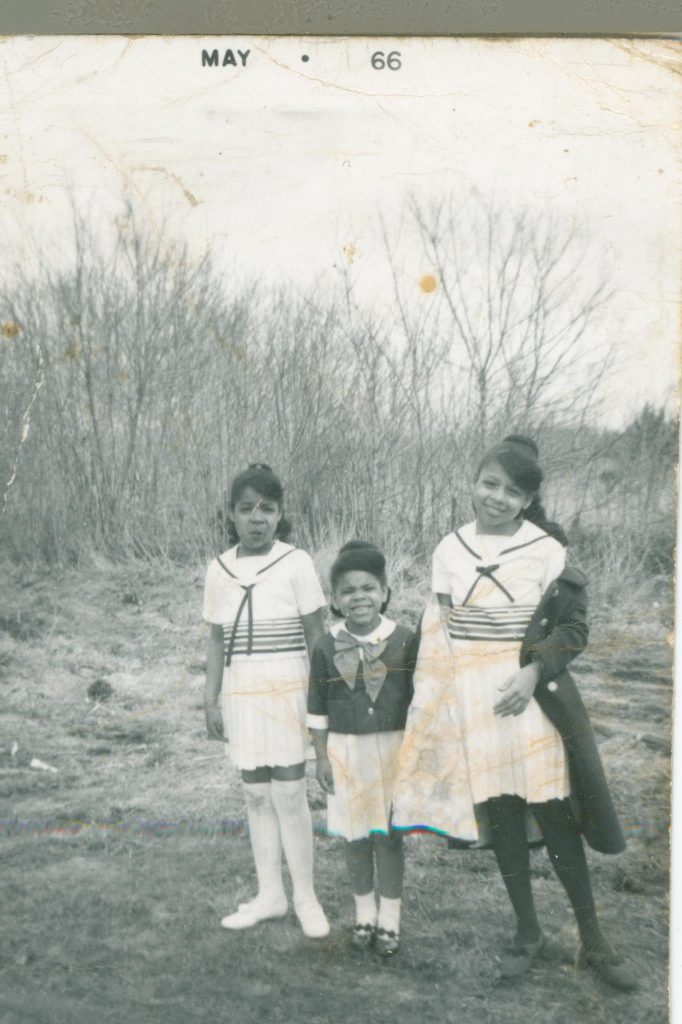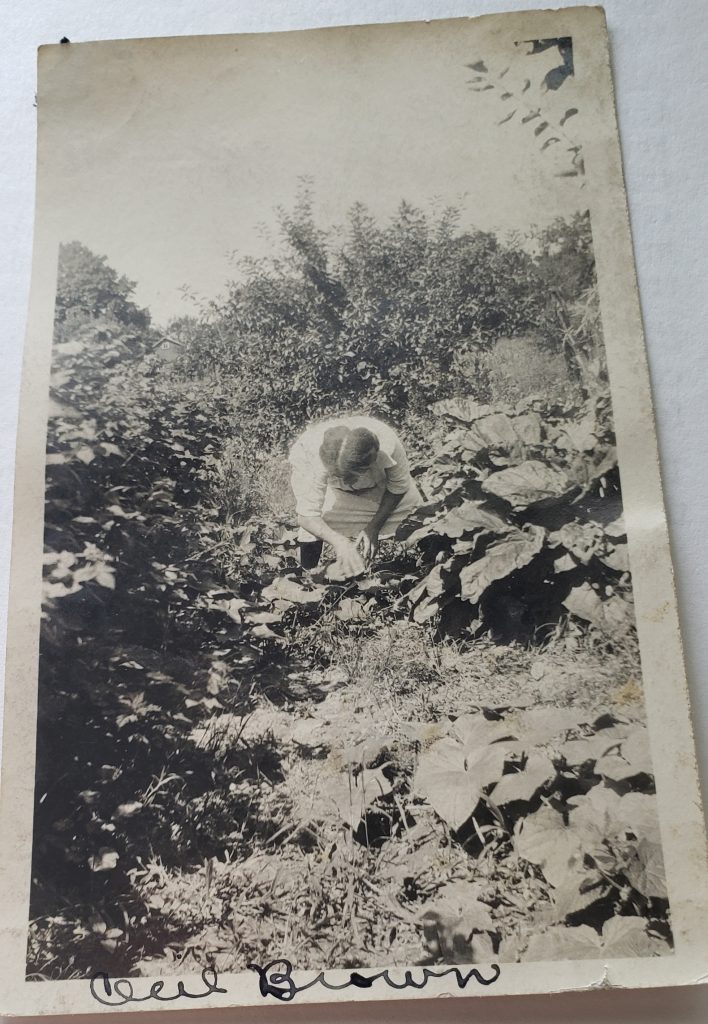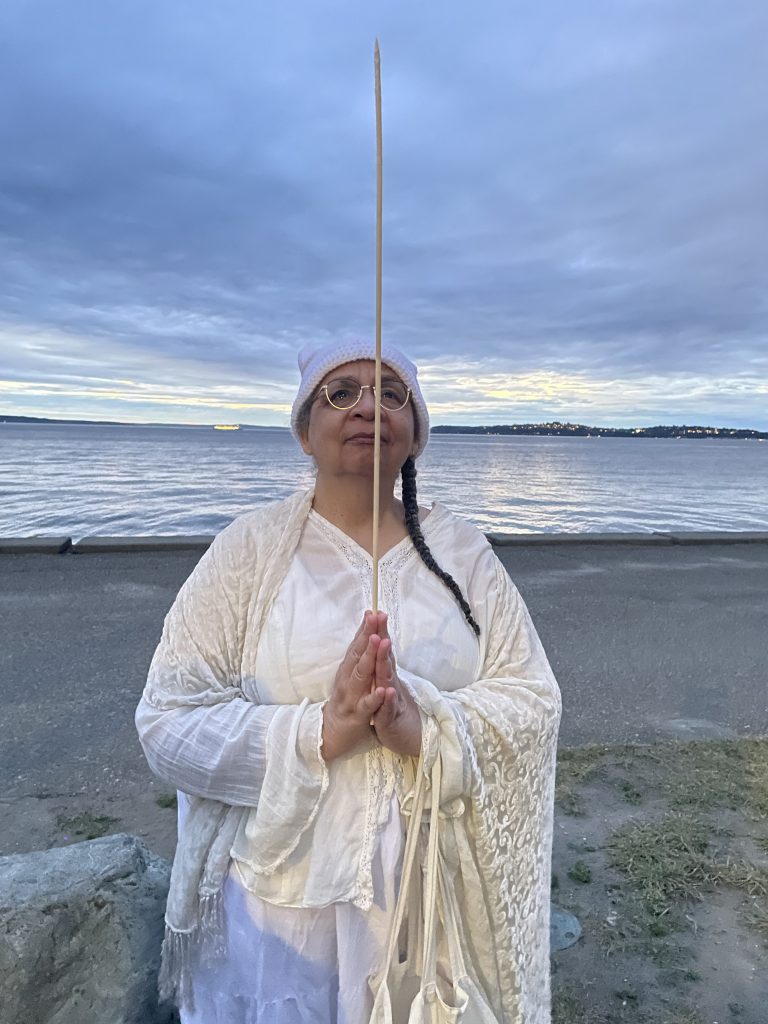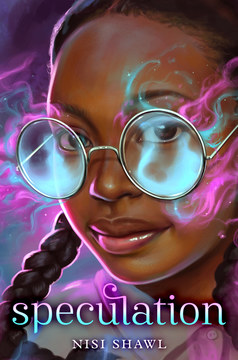In this guest post, author Nisi Shawl invites readers to experience rural Black life in their middle-grade debut novel. Speculation is available wherever books are sold!
Monarch butterflies and milkweed. Prickers and mosquito bites and the hollow boom of wet oars being pulled into wooden boats. My novel Speculation is set in small-town-and-rural Michigan, site of memories like these, familiar territory for me and for many other African Americans.
Black people have lived in big cities for millennia, yes, and plenty of books show us doing that in fun and exciting ways. But though our music, dance, fashion, and so on often get labeled “urban culture,” we’ve also settled on farms around the world. We’ve trapped and traded in the wilderness; we’ve herded cattle and founded tiny, one-church villages. Don’t try to fence us in.

When I was a child, my family lived on Kalamazoo, Michigan’s Northside, a historically Black neighborhood at the edge of that small town. My sisters and cousins joined me on excursions into the hills rising just beyond the city limits, looking for adventures to have and dragons to slay. On Sundays we’d get in our car and drive a few miles out to the farm where my mother was raised on potatoes and wild asparagus. After spending the afternoon with Gransie and Grandfather, we’d go visit the other “colored” country folk eating ripe pears from their orchards and stalking each other through their cornfields. As the long summer evenings fell, we’d catch fireflies in jars and tell spooky stories by their glow.

This is the atmosphere I wanted to reproduce when I wrote about Winna and Benny riding their bikes up the dirt road to Covey Hill Cemetery, Aunt Pic and the rest of their relatives loading down the wooden picnic tables with tasty family-reunion fare, orbullies lying in ambush, or ghosts and swans floating on lily pad-filled ponds. This land is our land too. I refuse to go along with the idea that only white people can claim it.
A couple of years back, I got lost while driving from one small Michigan town to another. I followed the winding two-lane blacktop through an increasingly unfamiliar landscape half-covered in melting snow. I didn’t dare stop for gas or ask directions; I was in fear for my life and that of my passenger, my sixteen-year-old niece. Why? Because for decades, powerful enclaves of white supremacy had populated the Midwest’s countryside. And because for decades, nationwide, one of the most virulent strongholds of the terrorists known as the Ku Klux Klan was in Howell, Michigan—not that far from where I was struggling to find my way home. (In case you’re wondering, I did, safely, well before dark.)
What protects people of color from white supremacist violence? While some look to laws and guns, and others to spiritual and pacifist teachings, I put my faith in stories—specifically in the power of changing stories to change people’s minds. Part of what I hope Speculation will do is validate Black folks’ claim on a terrain haunted by a legacy of racist extremism. From hearing the voice of Ray Charles on the radio—a Black man who wrote and sang country songs—to caring for the graves of ancestors buried in a rustic cemetery, Winna experiences the rural life of the African diaspora firsthand.
You can experience it too, through my book. You can feel that life. Believe in it. Understand it. You and your willingness to accept the truths of Speculation’s setting as real can make their reality obvious everywhere, to everyone.
Order your copy today:
Indiebound
Bookshop
Barnes & Noble
Amazon
. . . or from your favorite Black-owned bookshop!

Nisi Shawl is a multiple-award-winning writer and editor. Their novel Everfair was nominated for the Nebula Award for Best Novel, and the short story collection Filter House won the James Tiptree Jr. Award. In 1997, they cofounded the Carl Brandon Society to help give people of color greater visibility in the science fiction and fantasy worlds, and their “Writing the Other” workshops and accompanying book (co-created with Cynthia Ward) have taught thousands of writers new ways of thinking about diversity and representation within fiction.


